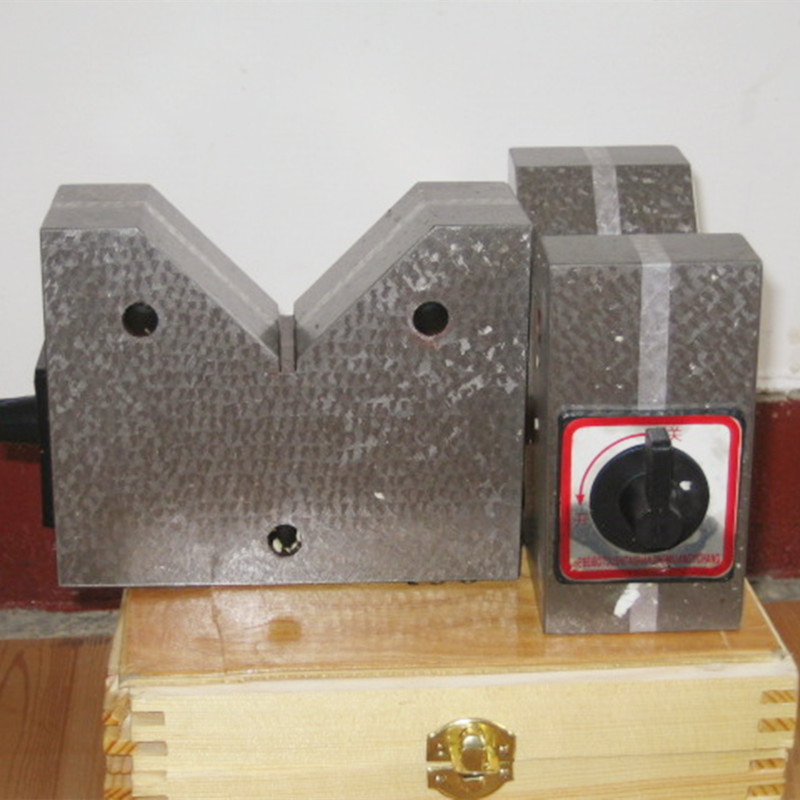Nov . 27, 2024 17:27 Back to list
Different Types of Ball Valves and Their Applications in Various Industries
Understanding the Various Types of Ball Valves
Ball valves are critical components in various piping systems, offering reliable and efficient flow control for liquids and gases. They are favored for their simplicity, durability, and tight shut-off capabilities. This article delves into the various types of ball valves, their applications, and key features to help you understand which type may best suit your needs.
What is a Ball Valve?
A ball valve is a quarter-turn valve that uses a hollow, perforated, and pivoting ball to regulate flow. When the valve handle is turned, the ball's hole aligns with the flow direction, allowing fluid to pass. When the handle is turned another quarter turn, the ball’s solid part blocks the flow. This design makes ball valves particularly effective for on/off control applications.
Types of Ball Valves
1. Floating Ball Valve
The floating ball valve has a ball that is not fixed to the stem. Instead, it floats within the valve body and relies on the pressure of the incoming fluid to push the ball against the downstream seat. As a result, this type of valve provides a reliable seal in low-pressure applications. Floating ball valves are widely used in water supply, fuel gas, and oil applications due to their simplicity and effectiveness.
2. Trunnion Mounted Ball Valve
Unlike the floating type, trunnion mounted ball valves feature a ball that is fixed at the top and bottom by trunnions, which are short shafts or rods. This design accommodates larger sizes and higher pressure applications, as it reduces the wear on the seats and allows for a more precise control of flow. Trunnion mounted valves are commonly used in the oil and gas industry, as well as in power generation and chemical processing.
3. V-Port Ball Valve
ball valves types

V-port ball valves are designed with a V-shaped notch in the ball, allowing for better flow control and a wider range of flow regulation. This design makes them ideal for applications that require precise throttling and flow adjustment. V-port valves are commonly used in industries like pharmaceuticals, food processing, and HVAC systems.
4. Multi-port Ball Valve
Multi-port ball valves expand the versatility of standard ball valves, offering several ports for directing flow in multiple directions. Common configurations include three-way and four-way valves, which can be used to mix or divert flow paths. These valves are particularly useful in complex piping systems, allowing for reduced leakage and simplified installation.
5. Specialized Ball Valves
Specialized ball valves come with unique features tailored to specific applications. Some may have fire-safe designs to prevent leakage in case of a fire, while others may be constructed from materials resistant to extreme temperatures or corrosive substances. These valves are crucial in industries such as chemical manufacturing, oil refining, and waste treatment where hazardous materials are involved.
Key Features of Ball Valves
- Durability Ball valves are designed to withstand high pressures and temperatures, making them suitable for industrial applications. - Low Torque Requirements The quarter-turn operation means that less force is required to open or close the valve compared to other types. - Tight Sealing The design allows for a tight seal, minimizing the risk of leakage. - Versatility Available in various materials (such as PVC, stainless steel, and brass), ball valves can be used in multiple industrial sectors.
Conclusion
When selecting a ball valve, it’s essential to consider the specific needs of your application, including pressure, temperature conditions, and the type of fluid being controlled. Understanding the various types of ball valves available in the market—whether it be the floating, trunnion, V-port, multi-port, or specialized variants—can significantly impact the efficiency and safety of your systems. As industries continue to evolve, the need for reliable flow control mechanisms like ball valves will only grow, making it vital for engineers and operators alike to fully comprehend their options.
-
thread-plug-gauge-our-promise-of-measurement-excellenceNewsAug.22,2025
-
gauge-pin-class-reflecting-quality-legacyNewsAug.22,2025
-
check-valve-types-for-high-rise-buildingsNewsAug.22,2025
-
water-control-valve-for-irrigation-systemsNewsAug.22,2025
-
gate-valve-with-soft-seal-technologyNewsAug.22,2025
-
y-type-strainer-for-oil-and-gas-applicationsNewsAug.22,2025
Related PRODUCTS









